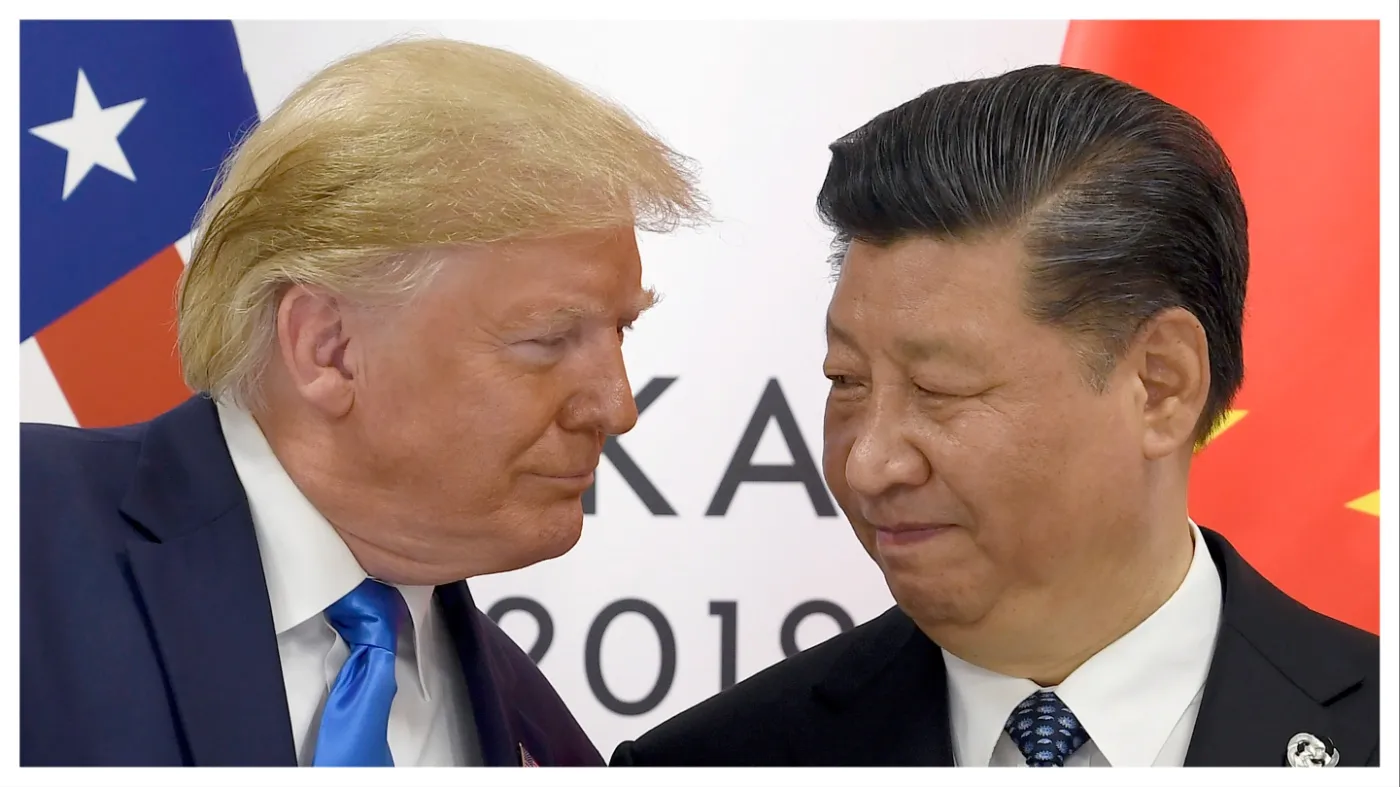Tariffs to Stop Wars: Exploring Trump's Controversial Strategy

Examining Trump's Tariff Strategy
Former President Trump proposed a controversial strategy at a rally in North Carolina, claiming that imposing massive tariffs on countries that engage in warfare would restore peace. He argues that economic pressure will deter nations from conflict, stating, “We don’t have to send troops, I can do it with a telephone call.”
Expert Opinions on Tariff Impact
However, economic experts have voiced significant skepticism regarding this approach. George Lopez, a peace studies professor, emphasized that tariffs have historically backfired, referencing the Smoot-Hawley Tariff Act of 1930, which exacerbated the Great Depression. Lopez remarked, “Tariffs are even less effective than sanctions,” indicating that economic weapons often fail to produce the desired outcomes.
- Higher Consumer Costs: A major tariff campaign could lead to increased prices for American consumers, potentially harming the U.S. economy.
- Limited Geopolitical Influence: Experts like William Reinsch assert that military threats are more impactful than economic sanctions in global conflicts.
- Consequences for Trade Relationships: Tariffs could severely strain America’s relations with major trading partners.
Conclusion: Viability of Trump's Tariff Vision
Despite Trump's assertions that tariffs can effectively deter military action, experts caution that the repercussions could outweigh the intended benefits, making this policy approach highly questionable for future U.S. foreign relations.
This article was prepared using information from open sources in accordance with the principles of Ethical Policy. The editorial team is not responsible for absolute accuracy, as it relies on data from the sources referenced.